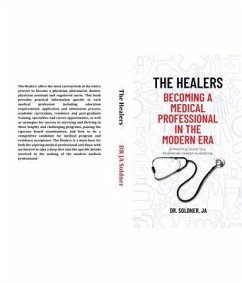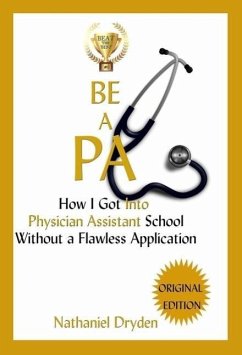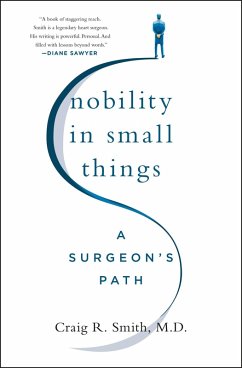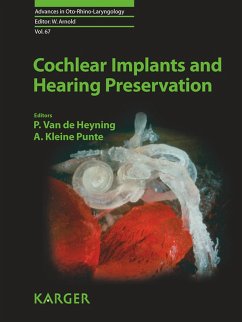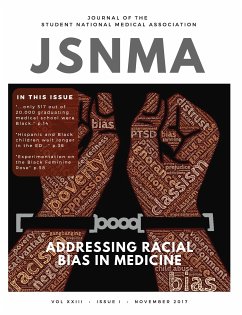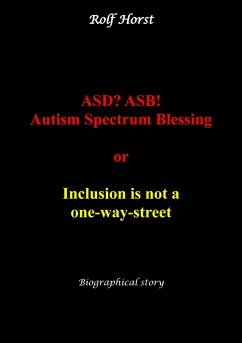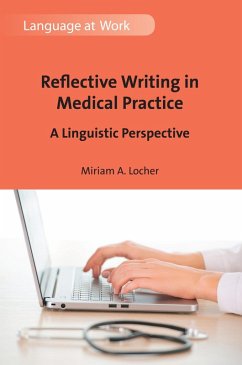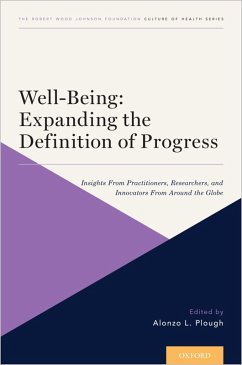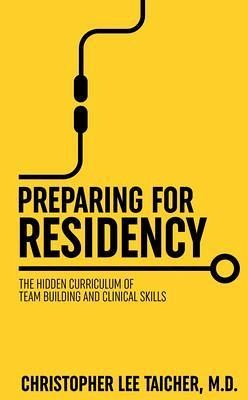
Preparing for Residency (eBook, ePUB)

PAYBACK Punkte
4 °P sammeln!
To better prepare medical residents, medical students, PAs, and NPs for becoming effective healthcare practitioners, it is necessary to offer early teaching of the "hidden curriculum": professional relationship dynamics (or team building) and clinical competence.The first half of this book is focused on strategies for team building, including how to identify and support burnt-out residents, delicately handle several forms of challenging patients (angry ones, nervous ones, malingerers, and more), and how to approach mistreatment by superiors.The second half is focused on special subjects relate...
To better prepare medical residents, medical students, PAs, and NPs for becoming effective healthcare practitioners, it is necessary to offer early teaching of the "hidden curriculum": professional relationship dynamics (or team building) and clinical competence.
The first half of this book is focused on strategies for team building, including how to identify and support burnt-out residents, delicately handle several forms of challenging patients (angry ones, nervous ones, malingerers, and more), and how to approach mistreatment by superiors.
The second half is focused on special subjects related to obtaining a mastery of clinical competence, like building cognitive frameworks for evaluating and managing varied medical complaints, distinguishing patients who need immediate attention from those who can wait ("sick" versus "not sick"), how to tactfully deliver bad news to patients and family, and how to assess patient decision-making capacity.
The first half of this book is focused on strategies for team building, including how to identify and support burnt-out residents, delicately handle several forms of challenging patients (angry ones, nervous ones, malingerers, and more), and how to approach mistreatment by superiors.
The second half is focused on special subjects related to obtaining a mastery of clinical competence, like building cognitive frameworks for evaluating and managing varied medical complaints, distinguishing patients who need immediate attention from those who can wait ("sick" versus "not sick"), how to tactfully deliver bad news to patients and family, and how to assess patient decision-making capacity.
Dieser Download kann aus rechtlichen Gründen nur mit Rechnungsadresse in A, D ausgeliefert werden.




